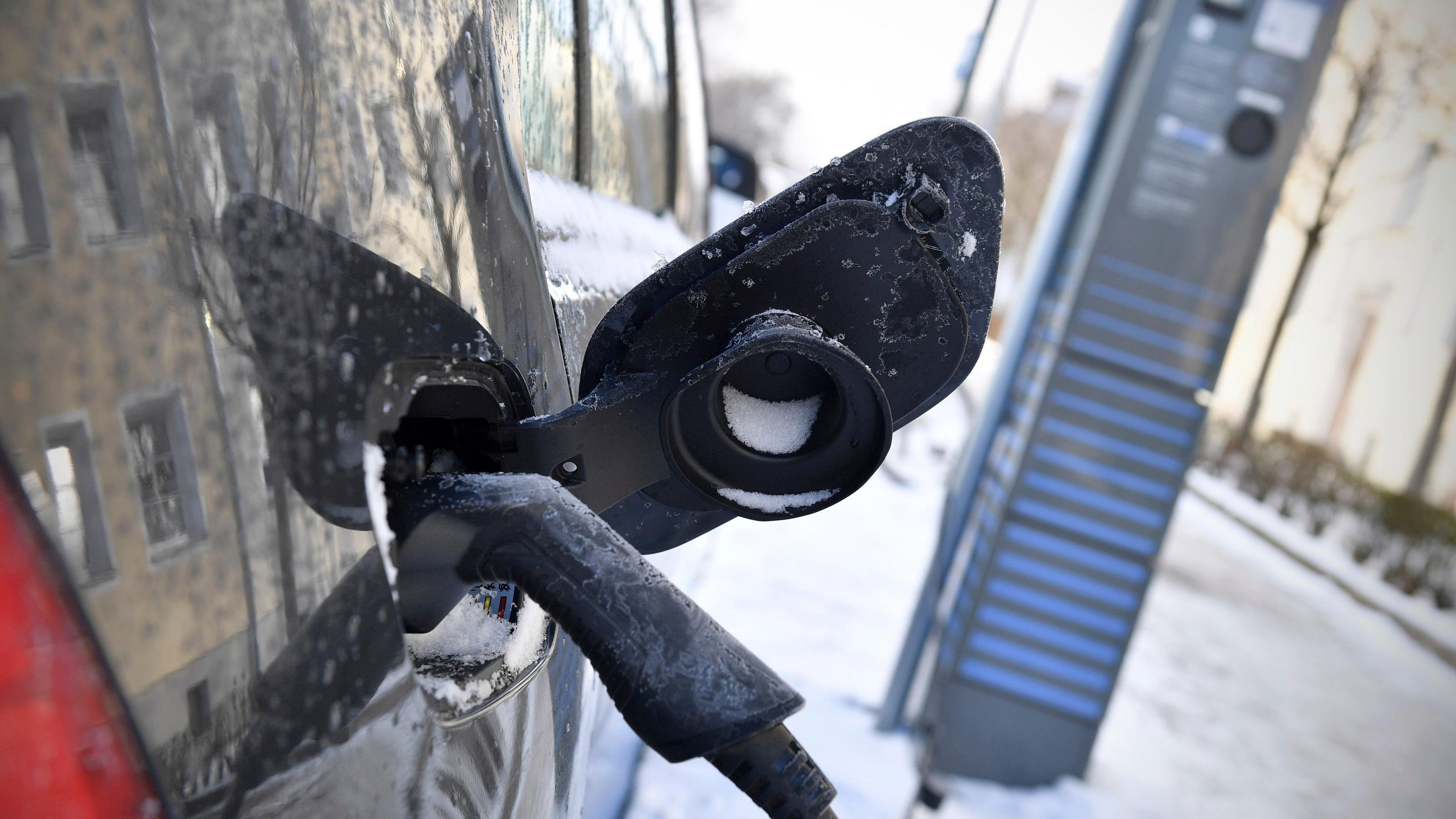Canadians Wary Of EVs Because Of Cold-Ass Weather
A study shows that Canadians have concerns about how extreme temps will affect EVs
With the push for electric vehicle adoption, one thing that may be overlooked by automakers is how extreme temperatures due to climate change will affect EV battery performance. Canadians seem to be keen on this, however. Multinational accounting firm KPMG published a study that showed that, while Canadians are warming up to EVs, they're still skeptical about how well they'll handle the frigid temps of the great white north.
Ina survey done in December of '21 and January of this year, KMPG surveyed over 2,000 Canadians on what their concerns are regarding EVs. The most interesting takeaway was the fact that 64 percent of those surveyed don't think EVs will hold up to Canada's winters. From Yahoo Finance:
Canadian winter conditions worried 64 percent of respondents who say they believe EVs aren't reliable in cold, harsh weather. The Canadian Auto Association recommends EV drivers keep their cars charged enough to double their expected driving needs to account for reduced range arising from the impact of cold temperatures on the battery cells.
Cold temperatures heavily impact EV ranges. In 2020, the Norwegian Automobile Federation tested 20 EVs in cold weather — and Norwegians know cold. Temps there during winter can range from 32 degrees to a dangerous negative-40 in some places. The Federation found that the average range loss for EVs was nearly 19 percent. Consumer Reports' own winter testing showed some models could do worse. Like the Tesla Model 3:
The Tesla Model 3 has an EPA-estimated 310-mile range. At the end of that same 64-mile drive, it indicated there were 189 miles of predicted range. Put another way, the Model 3 used 121 miles worth of range in only 64 miles. That's almost double the anticipated loss.
Canadians also don't seem to want to wait to charge their vehicles, which might have something to do with nearly freezing to death while waiting. Over half (51 percent) of those surveyed said they won't wait more than 20 minutes for a vehicle to charge. Even five minutes is too long for some, with 18 percent of people saying they wouldn't wait that much time when charging away from home. Peter Hatges, a rep from KPMG said automakers need to pay attention to things like this. "Our poll findings reveal brand loyalty isn't as strong as automakers might think," he said.
